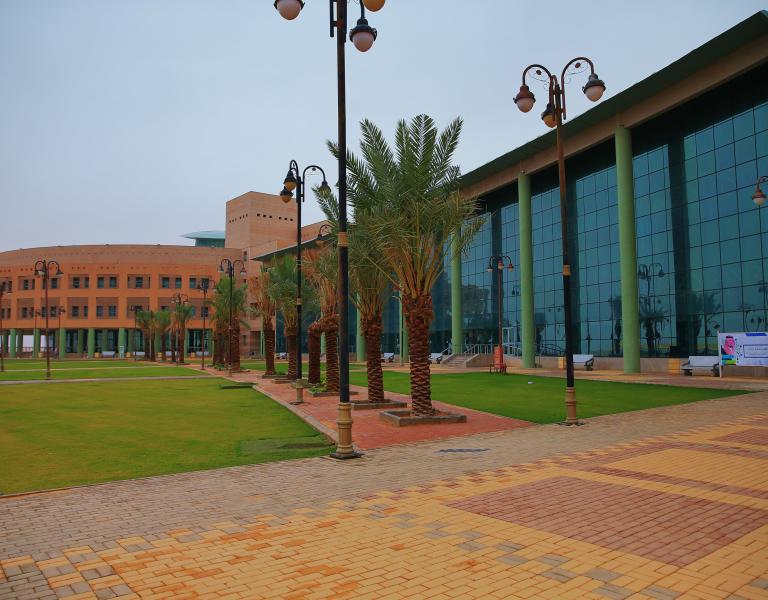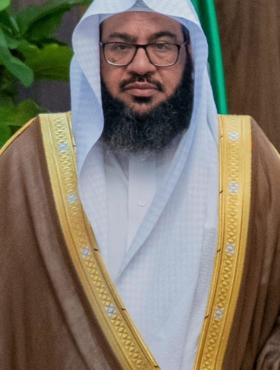About the Department
Overview
The Department of Islamic Studies was established in 1429/1430 AH as part of the College of Education and Arts (formerly) and Humanities and Social Sciences (currently). From 1409 AH, it was an independent department alongside the Department of Qur’anic Studies before the two were later merged. In 1429/1430 AH, it became known as the Department of Islamic Studies, contributing courses on Islamic culture to all university majors.
It is currently one of the College of Humanities and Social Sciences departments. The department provides all majors at the university with the courses they need (university requirements: Islamic culture). The department currently offers two programs:
First, the Islamic Studies Program, which offers tracks in belief, interpretation and hadith, and jurisprudence and its principles, and the Sharia program, which is focused on producing graduates well-versed in Sharia and legal regulations.
The Statement of the Head of the Islamic Studies Department
Under the guidance of our country's wise leadership, the Custodian of the Two Holy Mosques, King Salman bin Abdulaziz—may God protect him—and his loyal Crown Prince, His Royal Highness Prince Mohammed bin Salman—may God protect him—I have taken on my responsibilities. Our country's universities hold a very high status among the universities of the region and the world due to the continuous support they receive, and we look forward to more to achieve the good our country aspires to in light of Vision 2030.

